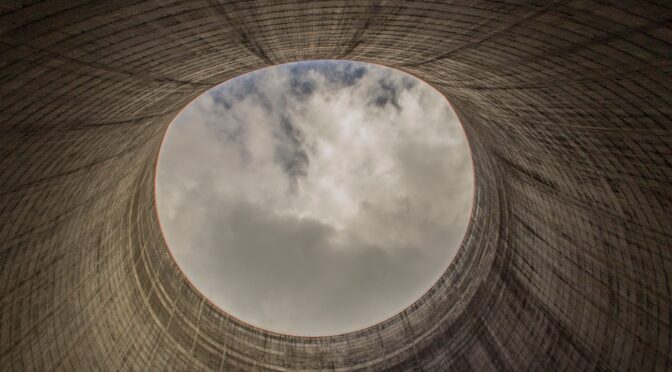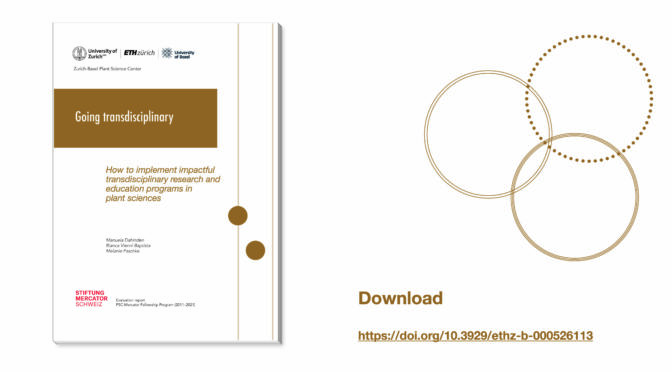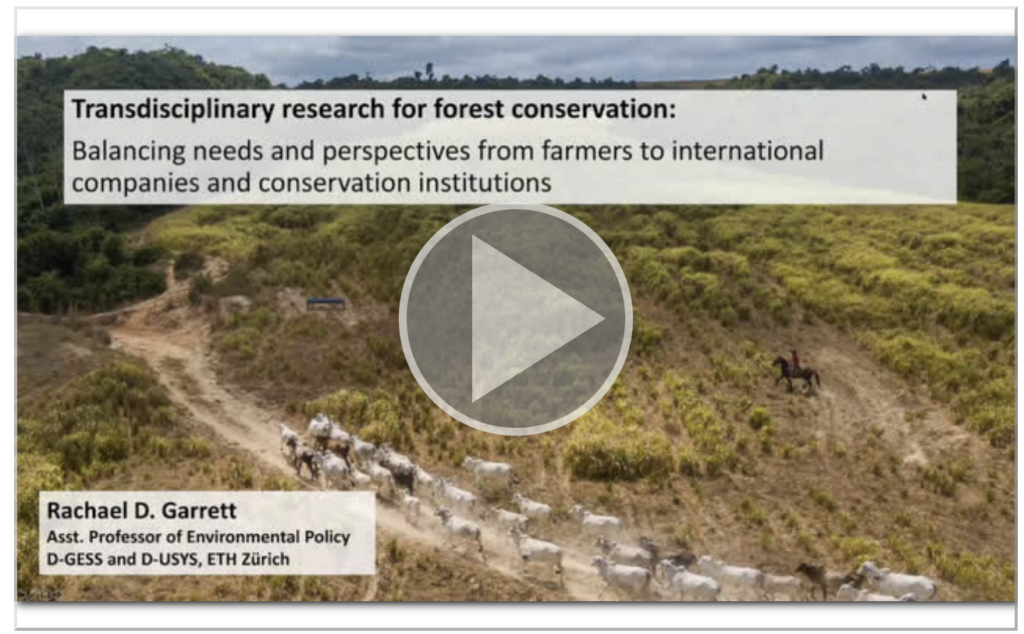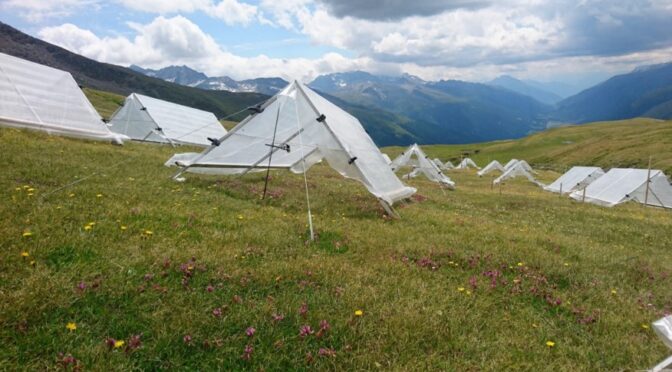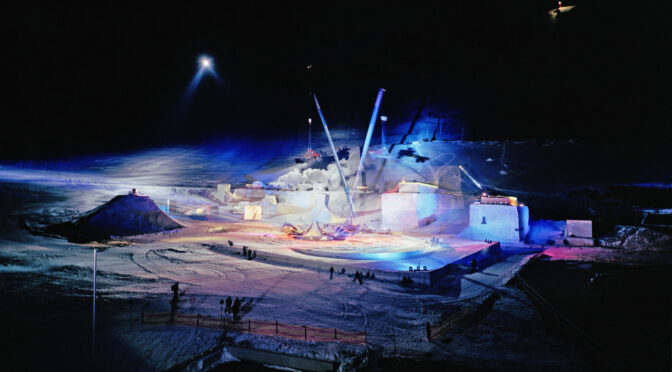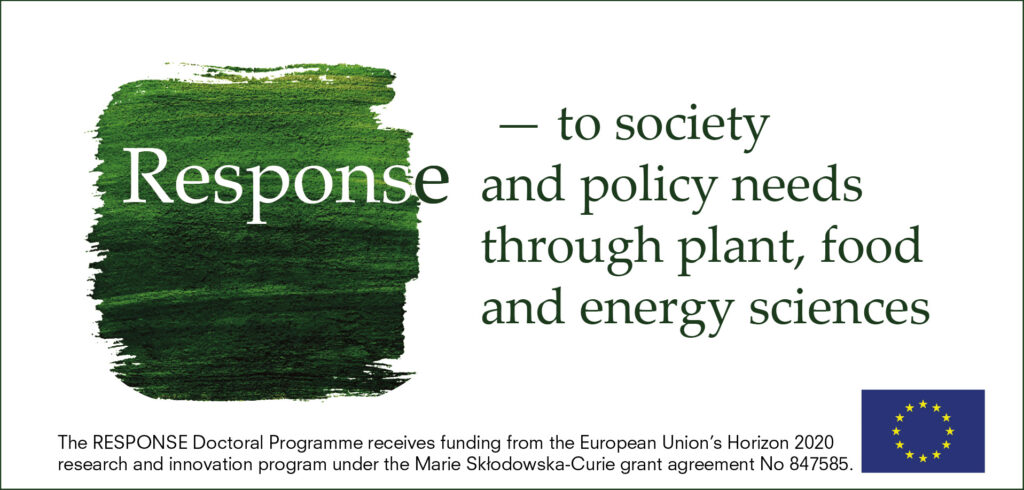Response Doctoral Program
Pseudocereals such as buckwheat (Fagopyrum esculentum Moench) are under-utilized as sources for plant-based proteins in current times, where the world is searching for a diversification of agricultural cropping systems. Buckwheat was an important crop in recent times in Western Europe including Switzerland and has several qualities:
- It is a valuable source of proteins for human nutrition. Buckwheat contains all nine essential amino acids which makes it a high-quality, complete protein. It is rich in limiting amino acids like lysine and arginine, which are in shortest supply in plant-based diets.
- It became popular in satisfying the increasing demand for gluten-free foods.
- It has a unique taste – in contrast to rice or wheat – and can be made into deliciously tart pancakes or pasta.
- So far, it is little affected by pests and diseases in the field that could reduce its yield.
- As a cover crop, it contributes to soil protection and soil improvement as part of a crop rotation.
- It is good for pollinators and a rich source of nectar while contributing to a biologically diverse agriculture.
Despite all these positive qualities, buckwheat cultivation suffers from low and unstable yields, and in comparison to wheat, the baking quality is inferior. Potentially, this bottleneck can be overcome with breeding. Here, the screening of genetic resources could unlock undiscovered potential and the cultivation of buckwheat on Swiss farms may experience a renaissance!
Continue reading Unlock valuable protein sources in the pseudocereal buckwheat


